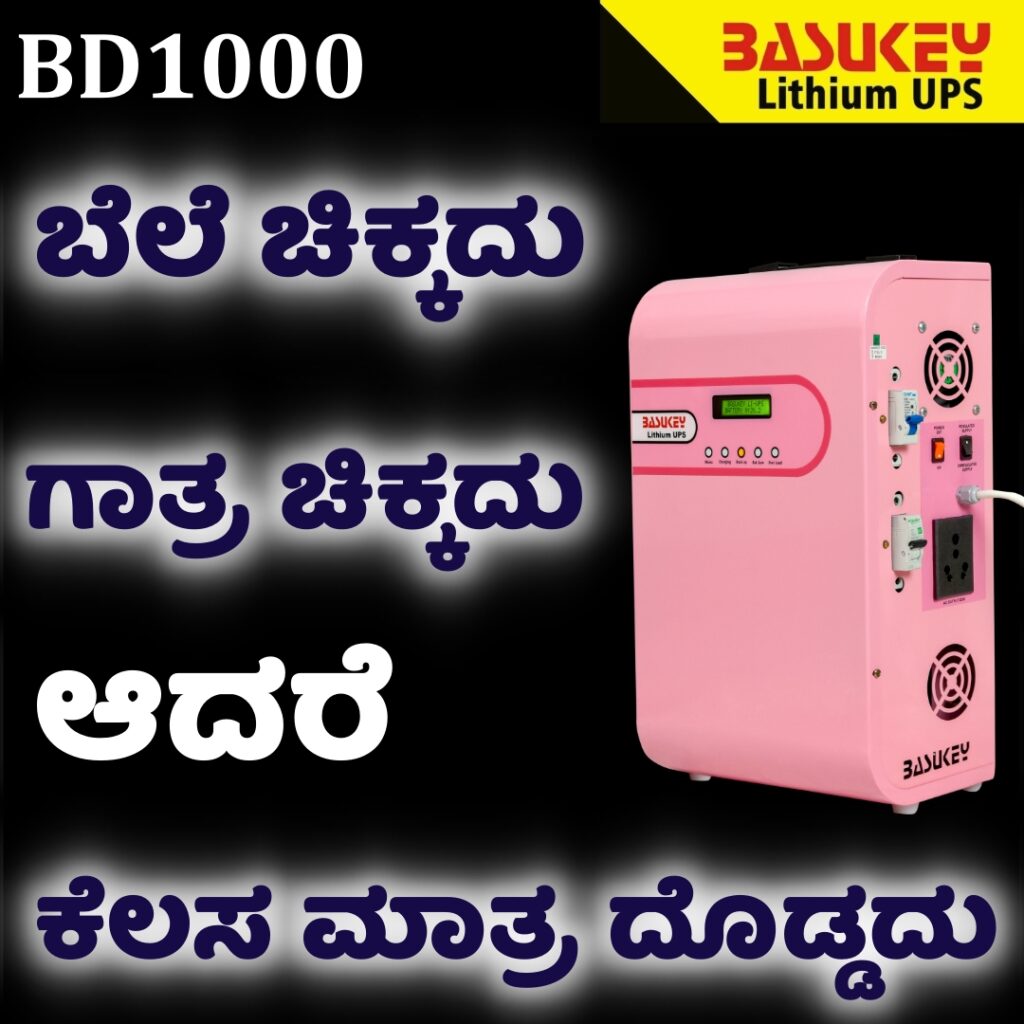Hybrid Inverter Systems : Are they sufficient!! The Hybrid Inverter System combines traditional solar and battery inverters into one system, allowing users to manage power from solar panels, batteries, and the grid. It optimizes energy efficiency and assures its supply even in case of a grid outage.
Key features of the hybrid inverter:
- Smooth transition of power between solar, grid, and battery to ensure uninterruptible electricity supply.
- Energy storage capability enables excess energy generated through solar to be stored in batteries for use during a power outage or high demand periods.
- Smart energy management: It ensures maximum usage of renewable energy, therefore reducing grid power consumption hence lowering the electricity bills over time.
Certainly worth mentioning are the advantages of the hybrid systems: their expandability is foremost. Even if the system does not include battery storage from the very beginning, it is quite easy to add batteries later without making big changes in the general setup. Another huge plus is resilience: hybrid inverters can make the whole home continue working when an outage occurs, something that isn’t really possible with traditional grid-tie inverter systems.
While hybrid inverters are costlier in investment than their standard counterparts, they save money long-term through reduced grid dependency and backup power in the event of failures.
It will take these systems to the next level toward harnessing the full capacity of renewable energy as part of a surge towards sustainable and energy-efficient solutions.
Are Hybrid Inverter Systems Enough?
As solutions for renewable energy grow increasingly mainstream, hybrid inverter systems have cropped up to be the favorite choice of many homeowners. These combine the functions of both solar and battery inverters in their operations to manage energies seamlessly between solar panels, batteries, and the grid. But are they truly enough for the energy needs?
Key Advantages of Hybrid Inverter Systems
- Energy Flexibility: Hybrid inverters allow the facility of drawing electricity from many sources: solar panels, the grid, and battery storage. This allows for an assurance of having power at any given time-even during outages or at night when one cannot use solar energy.
- Backup Power: The fact that one can save extra energy in the batteries for later use while getting it from the sun is a huge plus. This comes in very handy especially in case of any outage and gives owners a piece of mind with energy independence.
- Cost Savings: Operating on solar energy stored in batteries means the homeowner cuts down on his consumption of grid power, consequently bringing down the cost of energy bills over time. Similarly, most systems are set up in such a way that their design enables maximum cost efficiency by prioritizing solar usage .
- Scalability: Hybrid systems are future-proof; even if not investing in batteries right from the very beginning, a hybrid inverter can always be integrated into storage solutions later without major overhauls to the system.
Limitations to Consider

- Initial Investment: While hybrid inverters save money in the long run, they are a bit pricey initially compared to regular inverters. It is this initial cost that prohibits many people from moving to this technology.
- Battery Dependence: The entire efficiency of the system depends on the size and quality of the batteries. If the energy demands of a house are more than the capacity of the batteries, then one will still need to rely on the grid for power .
- Performance During Extended Outages: Hybrid inverters also provide backup power, but the duration and quantity of the backup depends on battery size. Very long outages would require more storage or supplemental operation of the generator.
Hybrid Inverter Systems : Are they sufficient!!
Conclusion: Are They Adequate?
For most households, hybrid inverter systems are adequate for day-to-day energy management-reliable, efficient, and highly effective at maximizing solar energy while providing backup during outages. Still, those in areas with frequent or longer power cuts may want to invest in larger batteries or consider other backup system options for extended energy independence.
It is a summary that hybrid inverters balance cost, sustainability, and flexibility and apply to many energy requirements, but not all.
